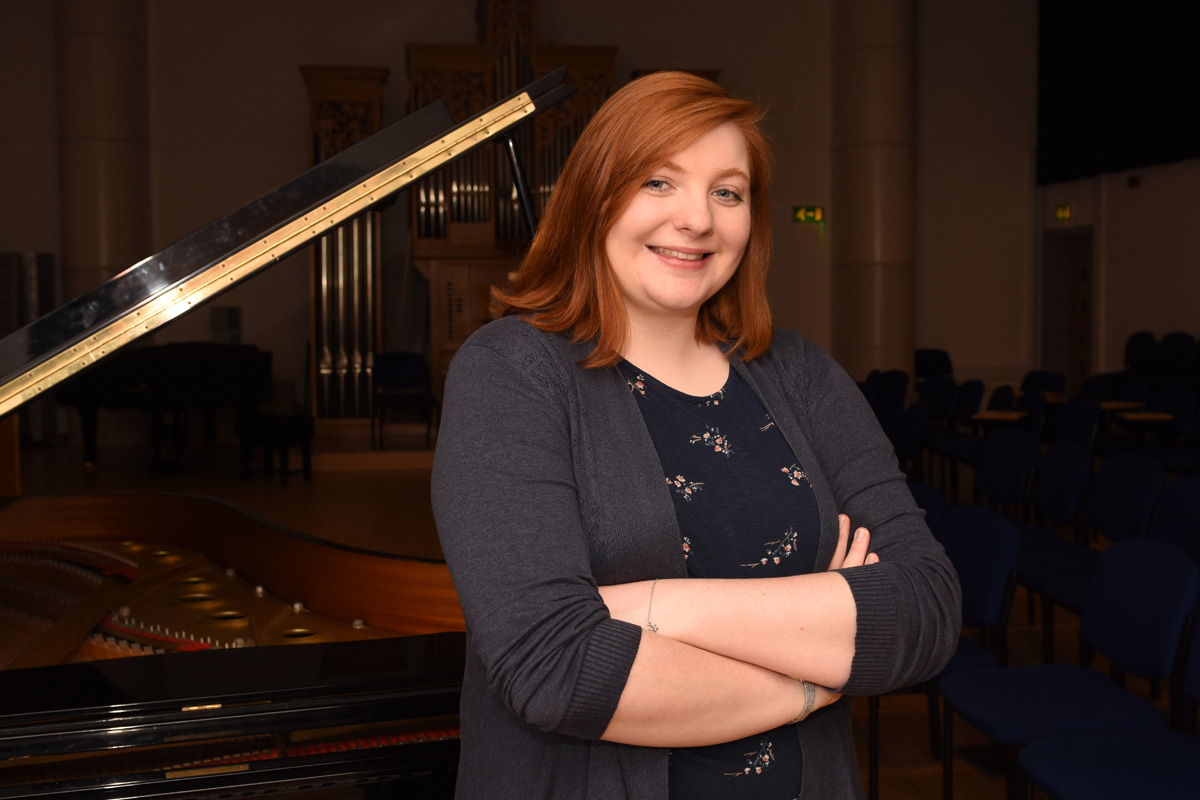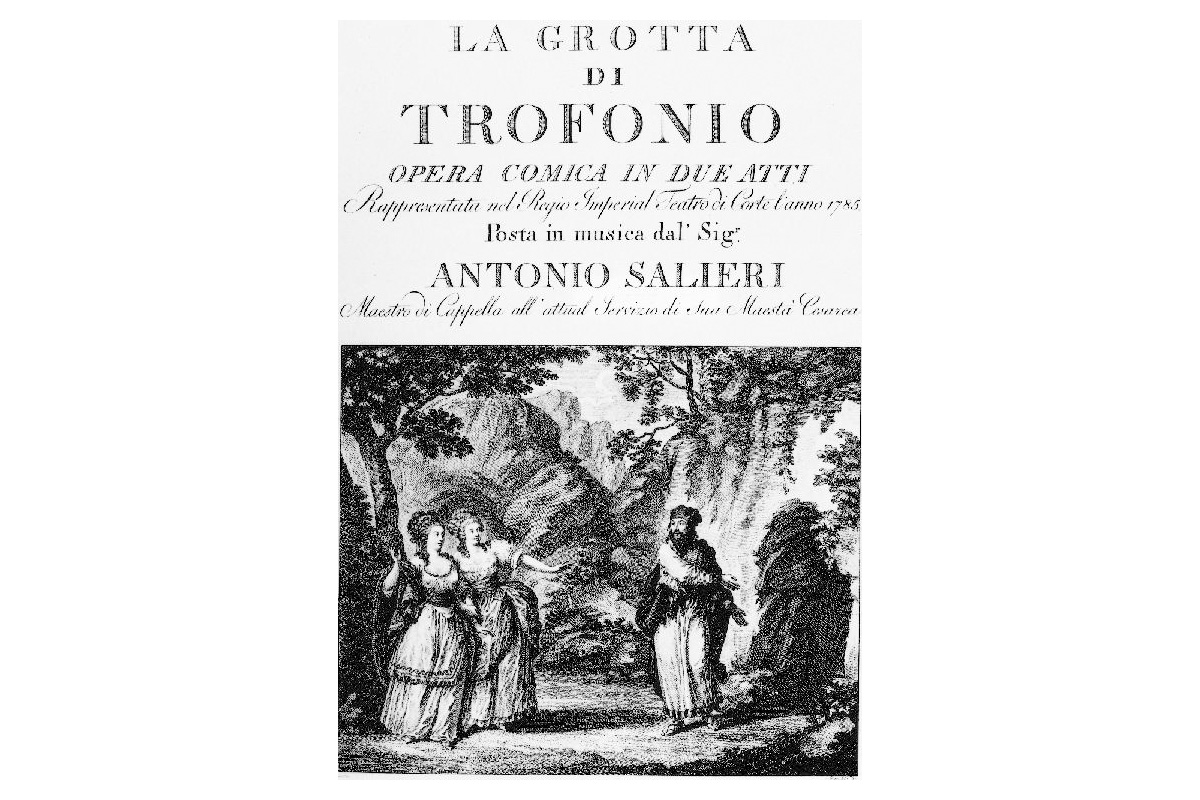
A grant from the German History Society will enable PhD researcher Ellen Stokes to search out much of the composer’s since neglected works at the Austrian National Library
ANTONIO Salieri was one of the most prominent composers of his age, with a string of successful operas to his name. But for the past two centuries, he has been almost solely remembered because of the lurid allegation – acted out on stage and screen – that out of envy he engineered the premature death of Mozart.
“It’s definitely a myth!” says University of Huddersfield researcher Ellen Stokes, who has embarked on a project that aims to turn the spotlight back on to Salieri’s music, which earned him enormous esteem in major centres such as Vienna and Paris during the late 18th and early 19th centuries.
She will focus on the little-known instrumental music composed by Salieri and already she has identified one neglected work as an overture and symphony by the Italian-born musician, who was based in Vienna for most of his long career.
Born in 1750, Salieri – whose plum posts included the role of court composer to the Austrian emperor – died in 1825. Five years later the Russian poet Pushkin wrote a play alleging that he caused Mozart’s death. This was later turned into an opera by Rimsky-Korsakov and in 1979 it was the basis of Peter Shaffer’s award-winning play Amadeus, filmed in 1984.
Scholars have completely dismissed the Salieri-killed-Mozart saga, although it has led to his demonisation, agrees Ellen Stokes. But she states that he wrote some beautiful music that is well worth rediscovery. Now, she has been awarded a grant from the UK-based German History Society that will enable her to pay a research visit to the Austrian National Library and examine many of Salieri’s manuscripts.

As a musician, Ellen specialises in the flute, but during her undergraduate and postgraduate studies at Bangor University, she was increasingly drawn to musicological research. While studying for her Master’s degree she encountered the music of Salieri, whose instrumental compositions were even more neglected than his choral and operatic works. She deduced that one piece, labelled a serenade, was actually a symphony and overture.
Ellen relocated to the University of Huddersfield when she was awarded its Steinitz Scholarship in Musicology and now she is studying for a PhD, supervised by Dr Emily Worthington and Dr Steven Jan, who are authorities on the music of the Salieri-Mozart period.
The PhD’s main focus will be on Salieri’s music for small orchestra, much of which Ellen believes might have been mislabelled. As a flautist, one of the issues she will ponder is that in some scores Salieri added a line for the flute – but then omitted to provide any music. She will try to work out why and also hopes that her research and musical transcriptions will lead to more performances and recordings of music by the man who definitely didn’t murder Mozart.
More Stories
Bohemian Rhapsody’s sound editor John Warhurst
The Huddersfield graduate and Oscar winner delivered a guest lecture on campus on his approach to supervising blockbuster film soundtracks
Music professor wins the Otto Kinkeldey Award
Professor Laurie Stras was selected for the award for her acclaimed book, Women and Music in 16th Century Ferrara
Huddersfield Contemporary Music Festival 2019
The University is the main partner to the Festival, which was created at the University of Huddersfield over 30 years ago
